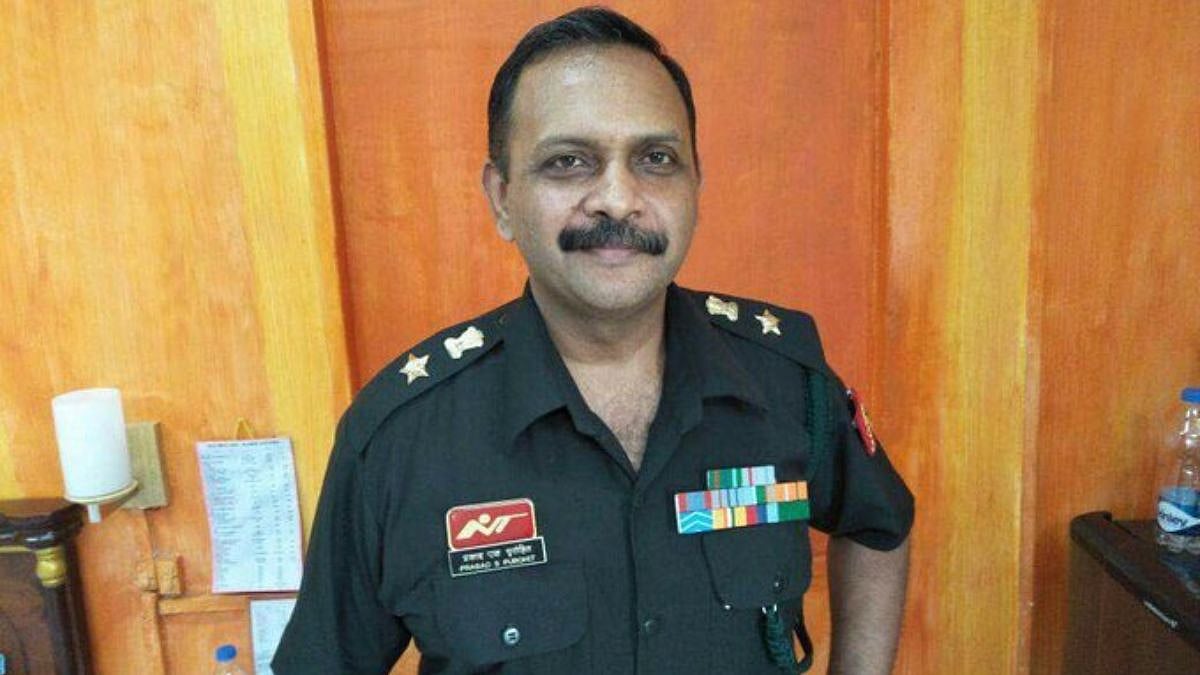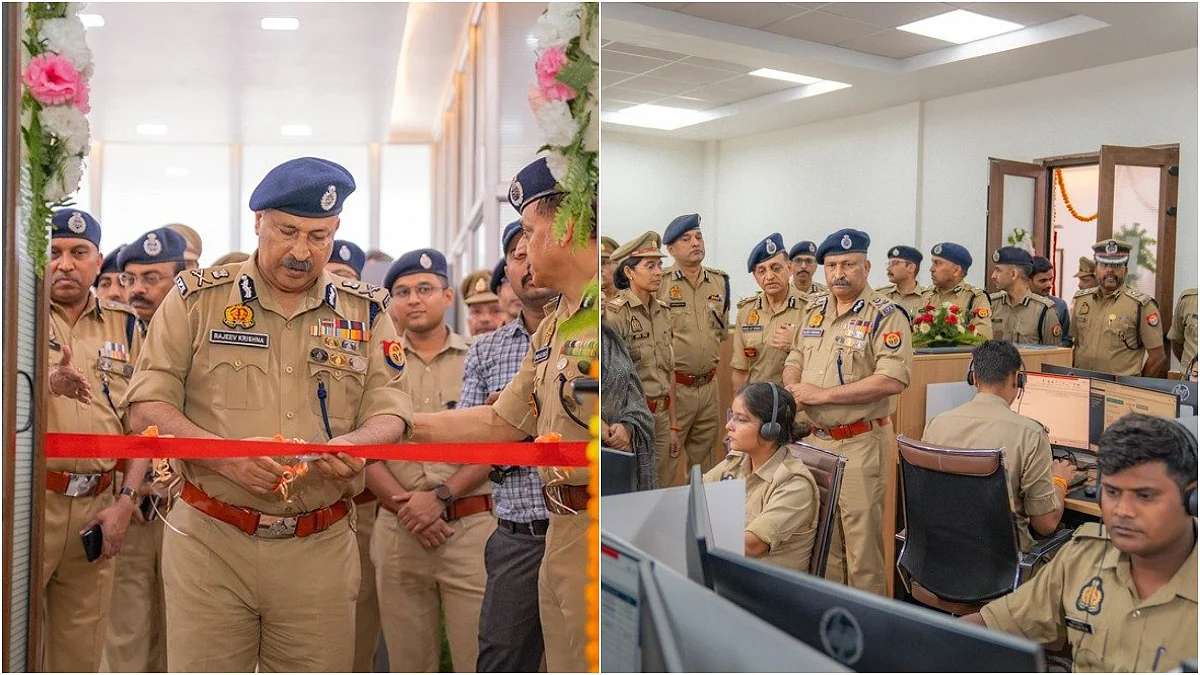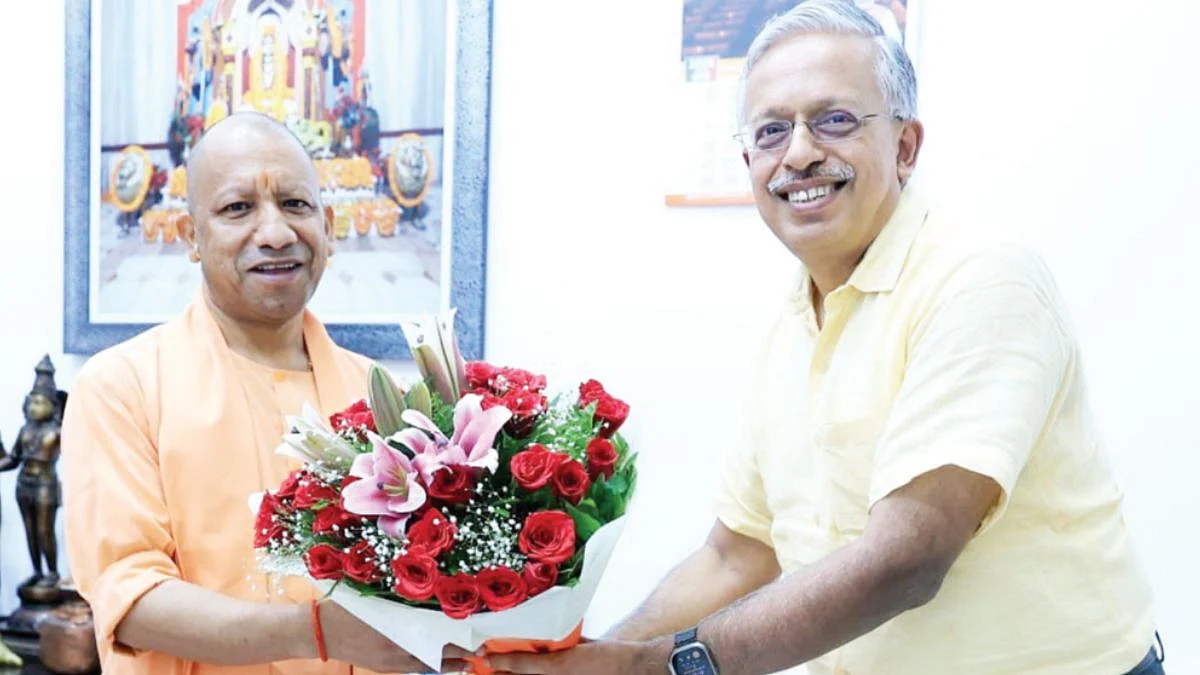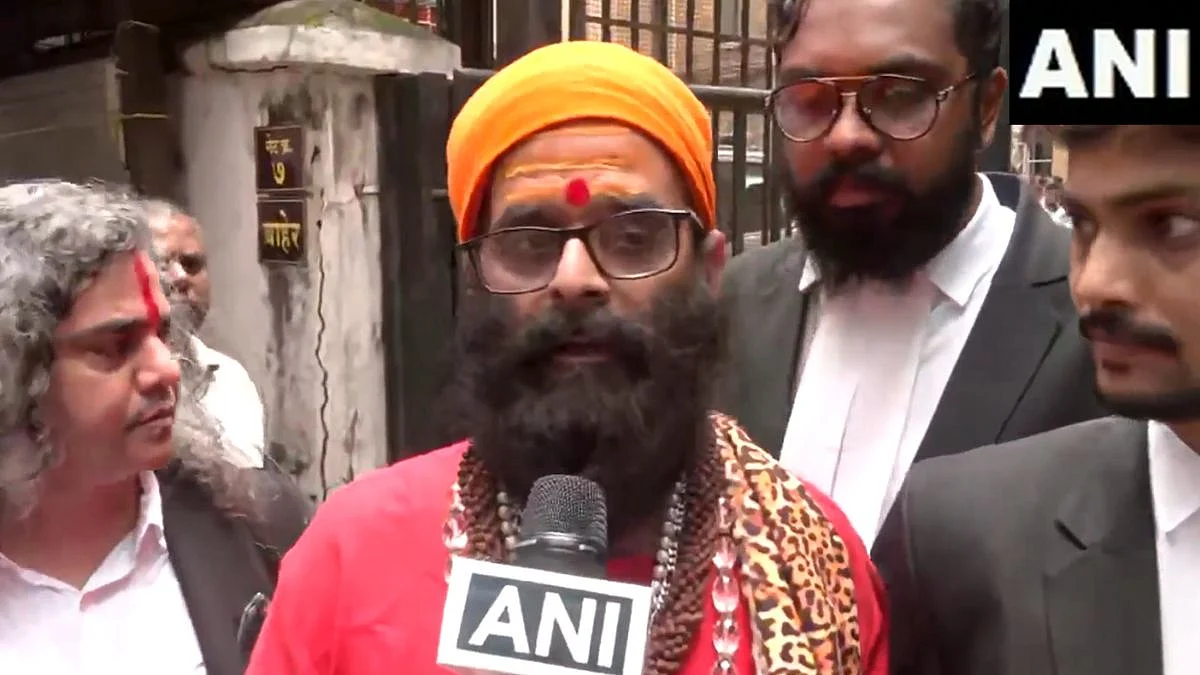Mumbai: After being acquitted in the 2008 Malegaon blast case, Lieutenant Colonel Prasad Shrikant Purohit on Thursday addressed the media with a heartfelt message, expressing relief, gratitude, and a renewed pledge to serve the nation. “I am a soldier who loves this country immensely,” he said, standing outside the special NIA court in Mumbai that cleared him of all charges after 17 years of legal battle.
Will Again Serve The Nation With The Same Dedication: Lt. Col. Prasad Purohit
Thanking the judiciary in the court for giving him a fair opportunity, Purohit said, “My conviction never changed. Now I will again serve the nation with the same dedication.” Reflecting on his long incarceration, nearly nine years behind bars before getting bail in 2017, he chose not to hold grudges, adding, “Organisations are like sick parts of the body, no one should suffer. I have no complaint against anyone. The nation must be strong, its foundations must be firm. Jai Hind.”
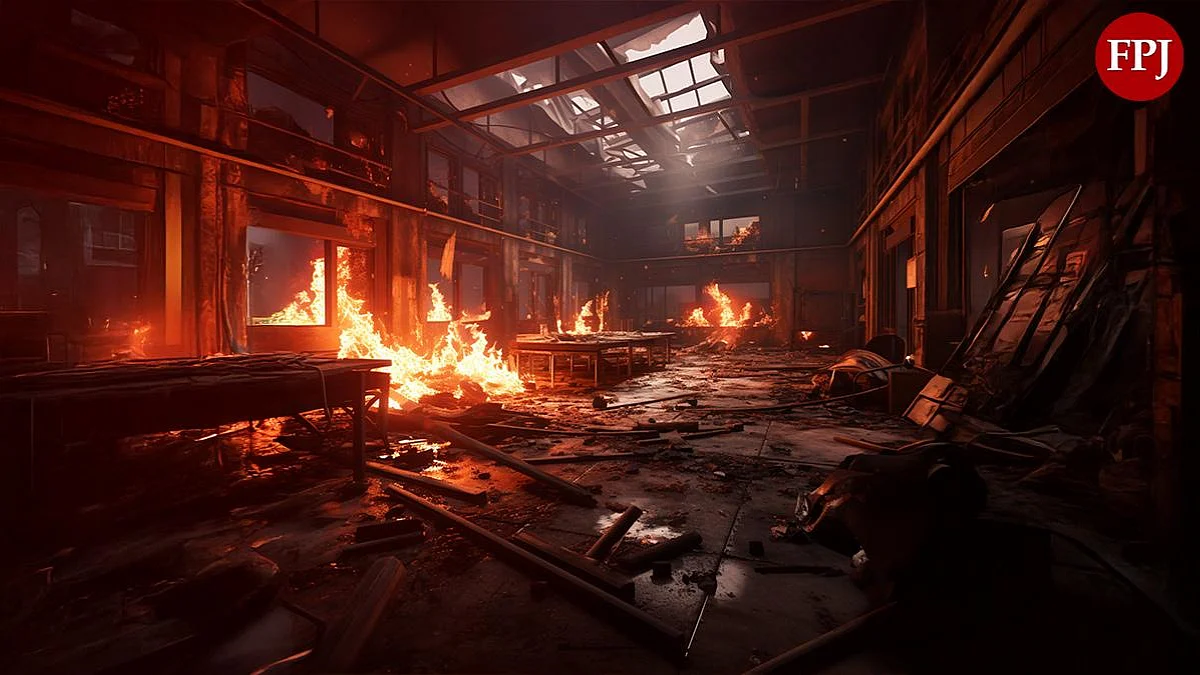
Calling the case politically motivated, Purohit said, “I have been victimised by mentally disturbed and sick individuals. Some people misused their authority, and we had to endure it.”
Accused of involvement in the Malegaon blast that killed six and injured over 100 on September 29, 2008, Purohit had long claimed innocence. On Thursday, the court ruled in his favour, stating there was no credible evidence against him or the other six accused. The court found that the prosecution had failed to establish charges under the Unlawful Activities (Prevention) Act (UAPA) and other serious provisions.

'No Evidence Indicating Purohit Prepared The Bomb,' Says Court
In its detailed order, the court observed that the bomb was likely placed outside the motorcycle and not planted inside it, contrary to earlier claims. It also found manipulation in certain medical certificates and ruled that there was no evidence to suggest the source, transportation, or storage of RDX at Purohit’s residence. The court added that there was no material proving he prepared the bomb or had any direct involvement in the act.
The panchnama at the spot was declared faulty, and the investigation was criticised for not being conducted by experts, leading to contamination of the site and inconclusive forensic results. The court's decision to grant benefit of doubt was based on weak and unreliable evidence. All seven accused were acquitted.
